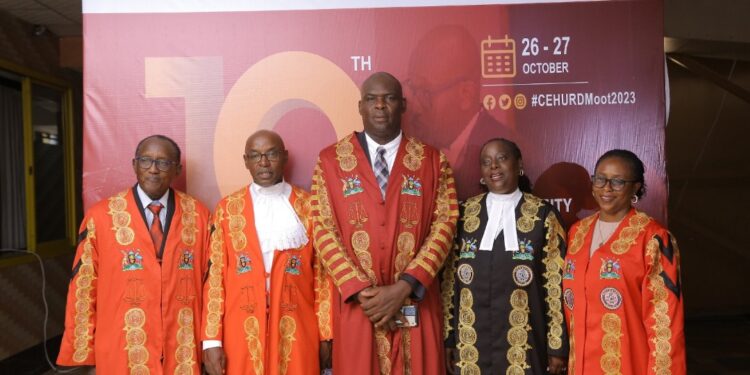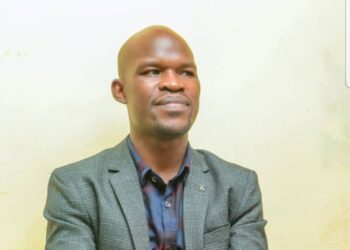Everything under the sun is anchored in the law. Any organized society is run on effective rules and regulations; to guide business operations in energy, transport, aviation, agriculture and politics etc. It is also true for health; your right to health cannot be enjoyed in the absence of the law.
The linkage between health and the law is derived from the World Health Organization’s definition of health as; “a state of complete physical, mental, and social well-being, and not merely the absence of disease and infirmity.” Law is described as; “a system of rules recognized by a specific country or community to regulate the behavior of its members and enforceable through imposition of penalties.”
When the two definitions are merged, the right to health becomes enforceable by the established government and applied to individuals with the aim of fostering a healthy society. Courts have determined that the right to health goes beyond general provision of healthcare.
The right to health includes the determinants of health, which include access to adequate food, safe and clean water, clean and healthy environment and quality education among others. While the existing legal frameworks provide for redress against medical negligence in the form of civil and criminal law, it is complicated for victims to prove medical negligence against a medical professional and to extract payment of damages from the government. It is only enforceable on human rights grounds.
Painfully, health was for a long time a neglected area in Law Schools in Uganda.
The journey started a few years ago with the introduction of a Health and the Law course unit at Makerere University School of Law. This has since been a transformative force in our healthcare landscape with other universities shaping up and; health becoming a profound topic of discussion.
Until recently, enforcement of health-related violations was not recognized as a human rights violation like Economic, Social and Cultural rights. Through litigation advocacy, the constitutional court declared National Objectives and Directive Principles of State Policy as justiciable; effectively recognizing the provisions therein on equal footing with other rights enshrined in the Bill of Rights of the Constitution.
Eleven years ago, Dr. Moses Mulumba and other lawyers pioneered the justiciability of the right to health through litigation that challenged systemic barriers and health system gaps. They however, noted that law students in Uganda were missing out on practical aspects of litigating the right to health and; thus, in 2014, they launched the “Annual National Inter-University Constitutional Law Moot Court Competition”; Hoping to interest and raise a cohort of lawyers who can litigate the right to health.
Under the Center for Health, Human Rights and Development (CEHURD), for the last 11 years, an annual law moot court competition for law students from the different law schools has been held in practical aspects of litigating health in Uganda’s Courts of Law. This arrangement has helped shape future lawyers’ understanding of health based constitutional issues, and litigating the right to health.
At least 200 university law students have had an opportunity to present cases before real judicial officers, even before joining the Bar Course while another 1,147 have physically witnessed the competitions adjudicated by real judges with an online livestream option.
I am always pleased to see more lawyers litigating cases on the right to health; challenging health system gaps and seeking enforcement of rights following health rights violations. This year, CEHURD will convene the 12 th Annual National Inter-University Law Moot Court Competition on the 28th and 29th August 2025 with 14 participating law schools; focusing on ‘navigating divergent perspectives in promoting reproductive and gender justice in Uganda.’
Ajalo Ruth is the Head of Strategic Litigation at CEHURD
ajalo@cehurd.org
Do you have a story in your community or an opinion to share with us: Email us at editorial@watchdoguganda.com














